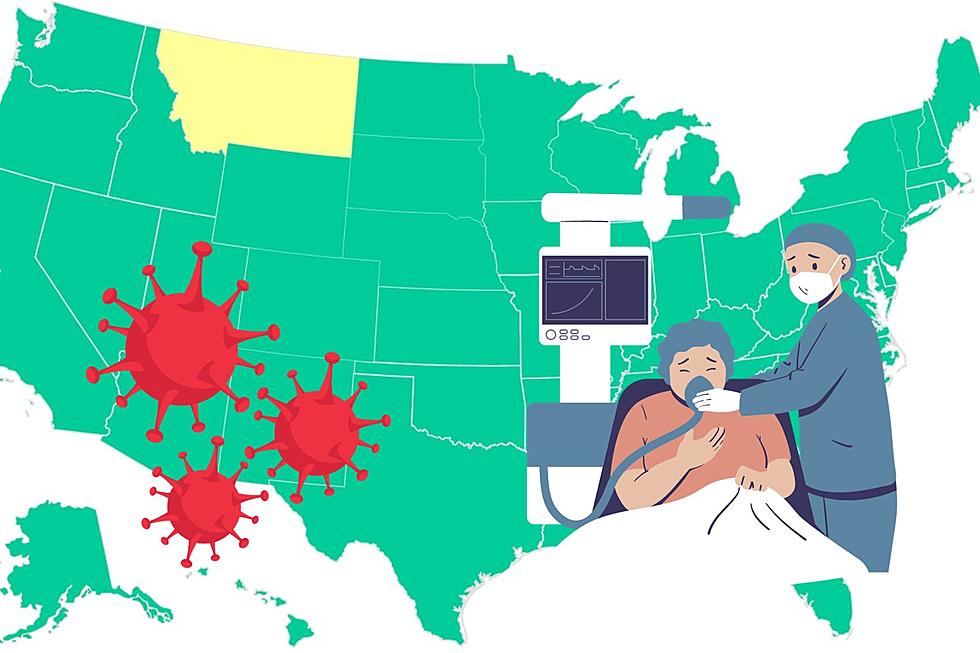
Do Incandescent Lights Really Trick Your Thermostat?
Recently, the government brought down a ban for the sale of incandescent light bulbs which was a huge move considering it has been a common technology of illumination for one-hundred years.
The ruling is fairly controversial as it adds to the long line of appliances that are being replaced by more energy efficient implements like LED lights.
READ MORE: The Death of The Incandescent Light
One of the main arguments trying to nail the coffin shut on old school light bulbs is that that they use more energy and their energy transference out weighs it's purpose. the argument is that they run incredibly hot while switched on heating a room and kicking on air conditioning during hot summer months.
Are incandescent light bulbs tricking your thermostat upping energy costs?
According to some scientific findings from Home Air Advisor, yes. Those old light bulbs are heating up the room.
The tungsten elements inside those light bulbs are operating an at incredible temperatures, although it doesn't appear on the outside bulb the filament can reach temperatures of over 5,000 degrees F.
The outside of that bulb can emit temperatures of 140 degrees or more. That's some 90 percent of the light bulbs energy just in heat transfer depending on the wattage.
The heating of a room from an incandescent light is minimal, depending on the wattage and the environment of the room it can raise temperatures about 1 degree per hour.
That seems fairly insignificant, but you might see it at the end of the month translated in your energy bill as an extra expense.
These 11 Items You Should NEVER Buy At A Montana Dollar Store
More From The River 97.9









